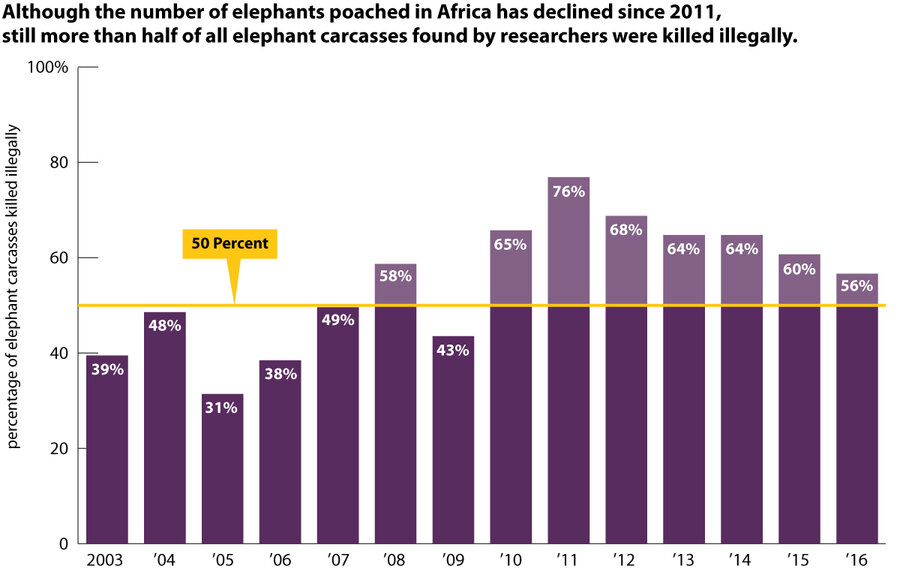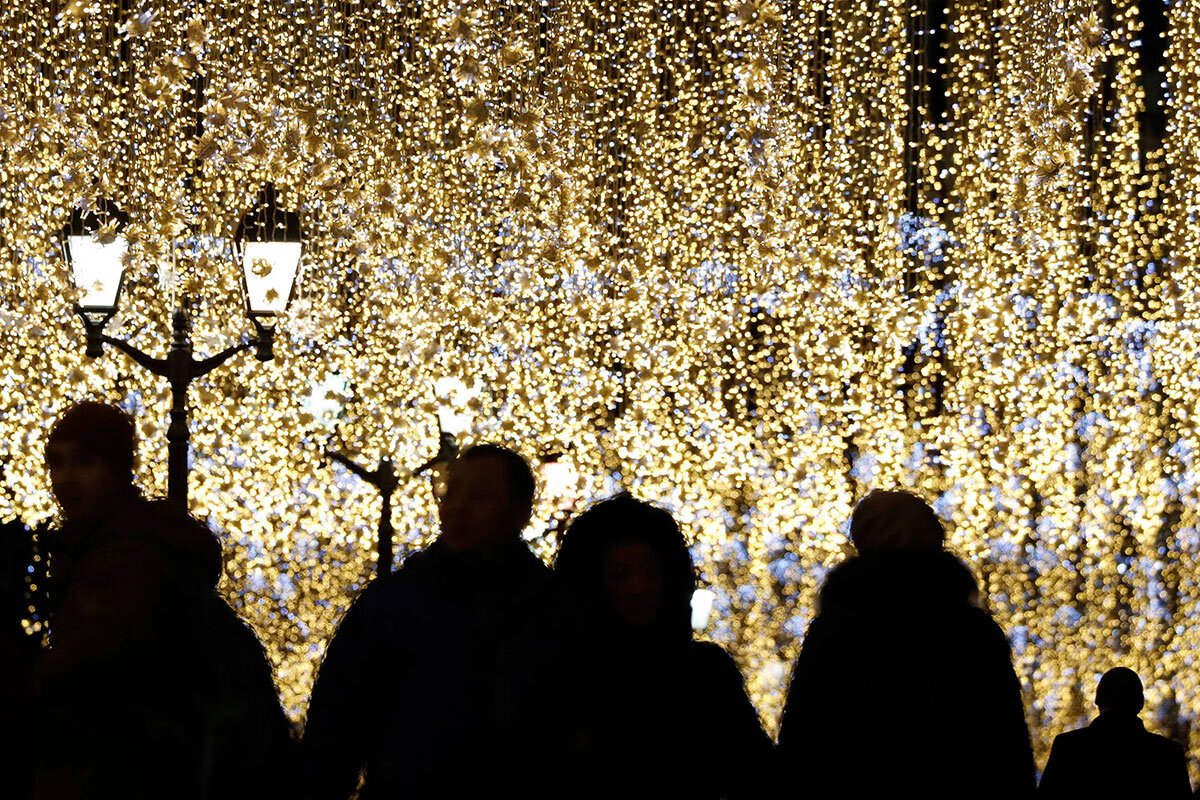Giant corporations often claim to be “green,” pointing to programs they’ve undertaken aimed at being environmentally conscious.
But sometimes these efforts don’t really amount to much. They can be no more than “greenwashing,” a public relations effort that doesn’t represent any fundamental shift in thinking.
But such a change may actually be going on among several of the world’s largest fossil fuel companies, names such as ExxonMobil, Shell, and BP. One of the biggest reasons: pressure from the companies’ shareholders.
Investors are asking corporations to make more transparent the effects climate change will have on their businesses, as well as explain what they are doing to reduce their greenhouse gas emissions.
While shareholder motives are certainly aimed at helping in the worldwide fight against global warming, they also represent a practical need to better understand a company’s prospects. If the burning of oil and gas is greatly curtailed as a result of the December 2015 international Paris climate agreement, for example, how might that affect the bottom line of a corporation whose chief source of revenue is extracting and selling carbon-emitting oil and gas?
Or, conversely, how is a company planning to take advantage of the business opportunities that emerge from a shift away from fossil fuels?
Climate Action 100+, for example, is a shareholder action group that is asking corporations to make stronger commitments to meeting the 80 percent cut in carbon emissions proposed by the Paris agreement signed two years ago by nearly 200 nations (the United States has since indicated it will not abide by the agreement). Some 225 investment groups who manage more than $26.3 trillion have signed on in support.
Last week, international energy giant ExxonMobil said it will step up its reporting to shareholders and the public about the impacts climate change will have on its business, including any expected increased risks.
The new policy follows a vote by ExxonMobil investors at the company’s annual meeting in May that called for a yearly assessment of the effects of climate change on the company.
The new position represents a sea change for ExxonMobil, which until the early 2000s had disputed the need to take action on climate change.
Last month, ExxonMobil, along with many other oil and gas companies, committed to stronger measures to reduce leaks of methane, an especially potent greenhouse gas, during its extraction operations. Meanwhile, Shell has announced it will reduce its carbon emissions by 20 percent by 2035 and 50 percent by 2050.
Vanguard, a huge mutual fund and big investor in ExxonMobil, is prodding all the companies it invests in to make public the risks the companies’ face from climate change.
Around the world national governments are shaping new policies in an effort to reduce greenhouse gas emissions to a level that will not allow global temperatures to rise more than 2 degrees Celsius. In the US, individual states and cities are pursuing lawsuits against companies that fail to deal responsibly with greenhouse gas emissions, which they contend harm the public.
But investor pressure is unique in that, principally, it asks only for clear, complete, and accurate data. Then shareholders can make informed decisions about where they want their capital to flow.
“Markets need the right information to seize the opportunities and mitigate the risks that are being created by the transition to a low carbon economy,” notes Bank of England Governor Mark Carney.
The world benefits as corporations provide that important information.
 Mark Sappenfield
Mark Sappenfield











